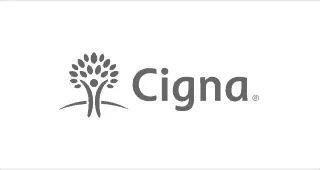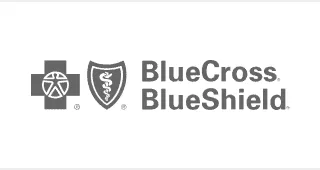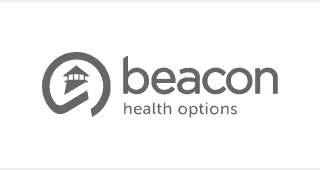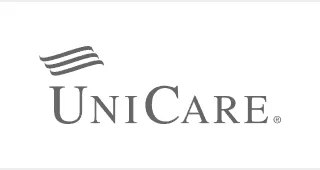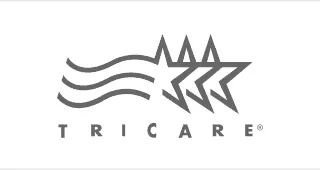What Is Cognitive Behavioral Therapy?
Cognitive behavioral therapy, or CBT, is a form of psycho-social therapy that helps those struggling with a mental health disorder. On the surface, it seems like cognitive behavioral therapy is just like any other form of therapy; however, the process and intended outcomes are the distinguishing factors. It helps individuals dig deep to find negative thoughts or behavioral patterns. In cognitive behavioral therapy, the most important part of the process is to figure out why a person behaves the way they do. This form of therapy is the parent (for lack of a better word) of dialectical behavioral therapy.
What Can I Expect from Cognitive-Behavioral Therapy?
There are many things one can expect from cognitive behavioral therapy New Jersey, but don’t let that overwhelm you. Some of these include other kinds of therapy like individual therapy and therapy with others who have similar mental health symptoms.
When it comes to helping someone with the symptoms of their mental health disorder, there are different methods therapists employ. Some of these methods include stress management, coping mechanisms, and relaxation techniques. There’s much more to the process as well.
For the first few therapy sessions, the facilitator (professionally licensed therapists or psychiatrists) will gather information on the patient. The goal is to evaluate the individual’s unique needs. When evaluating this, medical and mental health history prior to the session will be taken into heavy consideration. This way, if a patient requires medication, the facilitator will know exactly what will and won’t work for them.
Lastly, there’s the session itself. In these sessions, a therapist will guide the patient toward disclosing their emotions and thoughts. Sometimes, a person may not feel very comfortable sharing this with another. However, that isn’t a problem. The facilitator will help a patient gain the confidence they need to do so. Sometimes ways to make people more comfortable involve things like casual conversation or role-play.
What are the Benefits of Art Therapy for Substance Abuse
How Do You Reach Your Goals in Cognitive Behavioral Therapy?
Reaching one’s goals in any form of self-improvement is a heavy task to take on. For cognitive behavioral therapy, there are steps to take towards that goal. This is because it’s a lot easier to step towards something far away than to try and leap to it outright. Ultimately, the goal is to help the patient improve and be better. Some of the steps to help patients reach their goals include the following:
- Recognize the circumstances that are the catalyst for addictive behavior
- Evaluate which emotions a client is feeling and their thought process to start working through their problems
- Observe the individual’s behavior and be conscious of the negative behaviors
- Help the patient to reshape their perspective and thus their behavior
Are There Other Types of Therapy for Addiction Treatment?
Some different types of therapy include the following:
- Individual therapy
- Group therapy
- Family therapy
There are many forms of therapy used for addiction treatment and other mental health disorders. As it relates to substance use disorder, it is an imperative step towards stability and sobriety. Therapy has been known as a difference maker between successful recovery and unsuccessful recovery. Sometimes this has all to do with whether or not a person follows up their official substance abuse treatment with after-care (in the form of therapy).
Start CBT For Addiction Recovery With Achieve Wellness
At Achieve Wellness & Recovery, we understand the complexities of addiction and the courage it takes to seek help. Our specialized cognitive behavioral therapy program for addiction recovery is designed to empower you, offering tools and strategies that foster resilience, self-awareness, and positive change. With a compassionate team of professionals by your side, you won’t have to face this journey alone. Begin a transformative path to a healthier, substance-free future with us. Choose wellness, choose recovery, choose Achieve. Contact us today.
We work with most insurance companies. Please note we are not affiliated with or endorsed by insurance companies.
No Medicaid Accepted.





